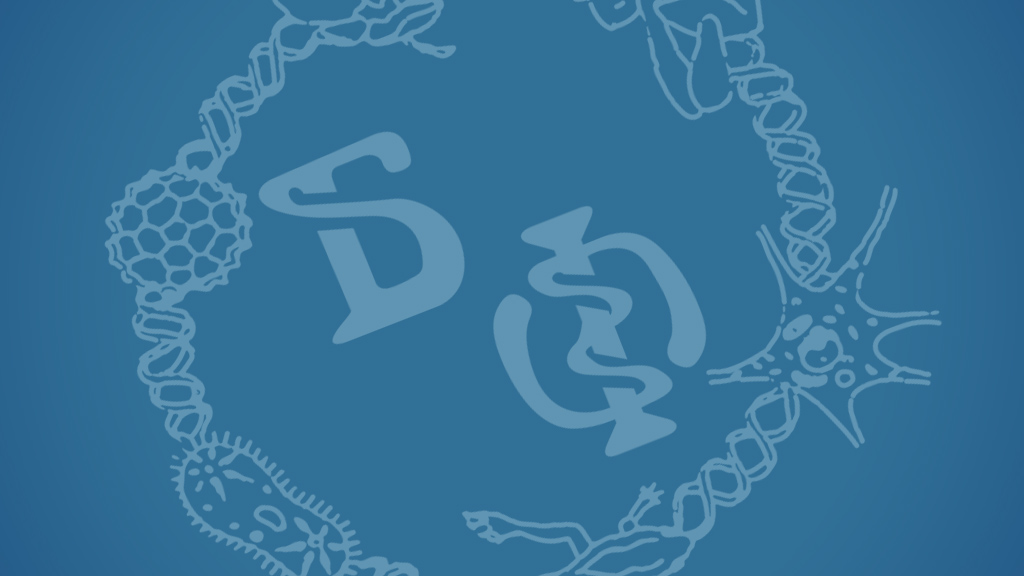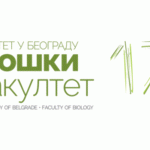‘Soil health’ is a term used to illuminate sustainable agriculture in the context of soil as a living, dynamic ecosystem with the capacity to sustain biological productivity, and promote plant, animal, and human health. The new paradigm, i.e. biofortification and reshaping of soil microbiome, aimed at improving soil health and increasing productivity of agricultural ecosystems has had very promising results to date. Its implementation offers an alternative to the overuse of chemical fertilizers toward the more sophisticated increase of agrifood productivity. The project aims to evaluate the health status of nutrient-depleted and overloaded soils in different climates and geographical regions of the Republic of Serbia via metabarcoding analysis and physical-chemical characterization. Rhizosphere and maize root endophytic bacteria and fungi will be isolated and identified via traditional and molecular approaches, and their potential to be utilized as beneficial microbes characterized. The most promising beneficial microorganisms and the best weed plant candidates for composting will be selected and combined to develop different compost materials that will be the basis for the formulation of soil improvers whose performance as biofertilizers will be tested in a protected environment and open fields in maize cropping systems. As a final result development of highly efficient soil improvers that will be environmentally friendly and healthcare safe, technologically not too complex to produce at an acceptable cost, with commercialization potential, is expected. Ultimately, the project aims to ensure the sustainability of food production in the Republic of Serbia via preservation and improvement of soil quality, reflected in the increase of yield and crop performance, as well as the elimination of excessive pesticide use, thus achieving a goal of more sustainable economic, environmental, and societal growth.



